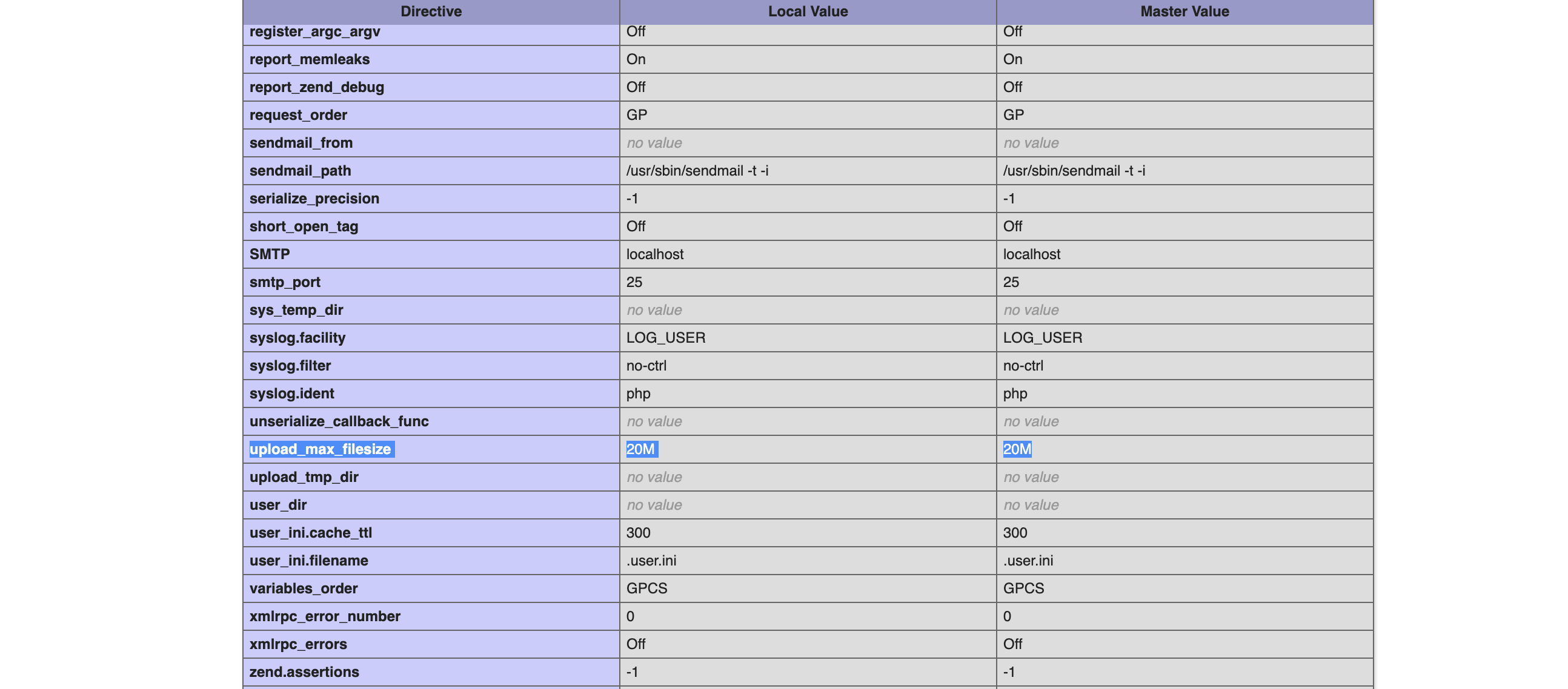
The Role of Meta Keywords in Website Crawling: Debunking the Myth
Meta keywords have long been regarded as an essential element of on-page SEO, supposedly helping search engines understand and categorize web content. However, in recent years, the relevance and importance of meta keywords have come into question. This article aims to shed light on the current state of meta keywords and their impact on website crawling by search engines.
The Decline of Meta Keywords
Once upon a time, search engines relied on meta keywords to determine the relevance and subject matter of web pages. However, due to widespread abuse and keyword stuffing, search engines gradually began to devalue the significance of meta keywords. Keyword stuffing refers to the practice of overloading meta tags with irrelevant or excessive keywords in an attempt to manipulate search engine rankings.
Search Engines’ Perspective
Major search engines like Google, Bing, and Yahoo have publicly stated that they no longer consider meta keywords as a ranking factor. Instead, they focus on factors such as quality content, user experience, backlinks, and social signals to determine a website’s relevance and ranking.
Crawling and Indexing
Search engines employ sophisticated algorithms that analyze various aspects of web pages to understand their content. These algorithms evaluate factors like page titles, headings, body text, alt tags, and inbound links to ascertain the subject matter and relevance of a webpage. The actual content and context of a page carry far more weight in the crawling and indexing process than meta keywords.
Misuse and Spamming
The misuse of meta keywords led to their diminished significance. Unscrupulous website owners would stuff meta tags with irrelevant keywords or use popular but unrelated terms to attract traffic. This practice not only provided a poor user experience but also misled search engines, leading to inaccurate search results.
Best Practices for Meta Tags
While meta keywords may no longer hold substantial weight in SEO, other meta tags like meta title and meta description remain important. Crafting compelling meta titles and descriptions that accurately summarize your webpage’s content and entice users to click through is crucial for attracting organic traffic.
Focus on Quality Content
The primary focus for website owners and SEO practitioners should be creating high-quality, relevant, and informative content. By producing valuable content that addresses users’ needs and interests, you are more likely to attract organic traffic, gain backlinks, and improve your website’s overall visibility in search engine results.
Conclusion:
In today’s SEO landscape, the relevance and influence of meta keywords in website crawling and search engine rankings have significantly diminished. Major search engines no longer consider meta keywords as a significant ranking factor due to their history of misuse and spamming. Instead, search engines prioritize factors such as quality content, user experience, and relevant backlinks.
While it’s still important to optimize other meta tags, such as meta titles and meta descriptions, website owners should focus their efforts on creating valuable content that engages users and meets their search intent. By following best practices and staying updated on search engine guidelines, you can enhance your website’s visibility and overall SEO performance.








